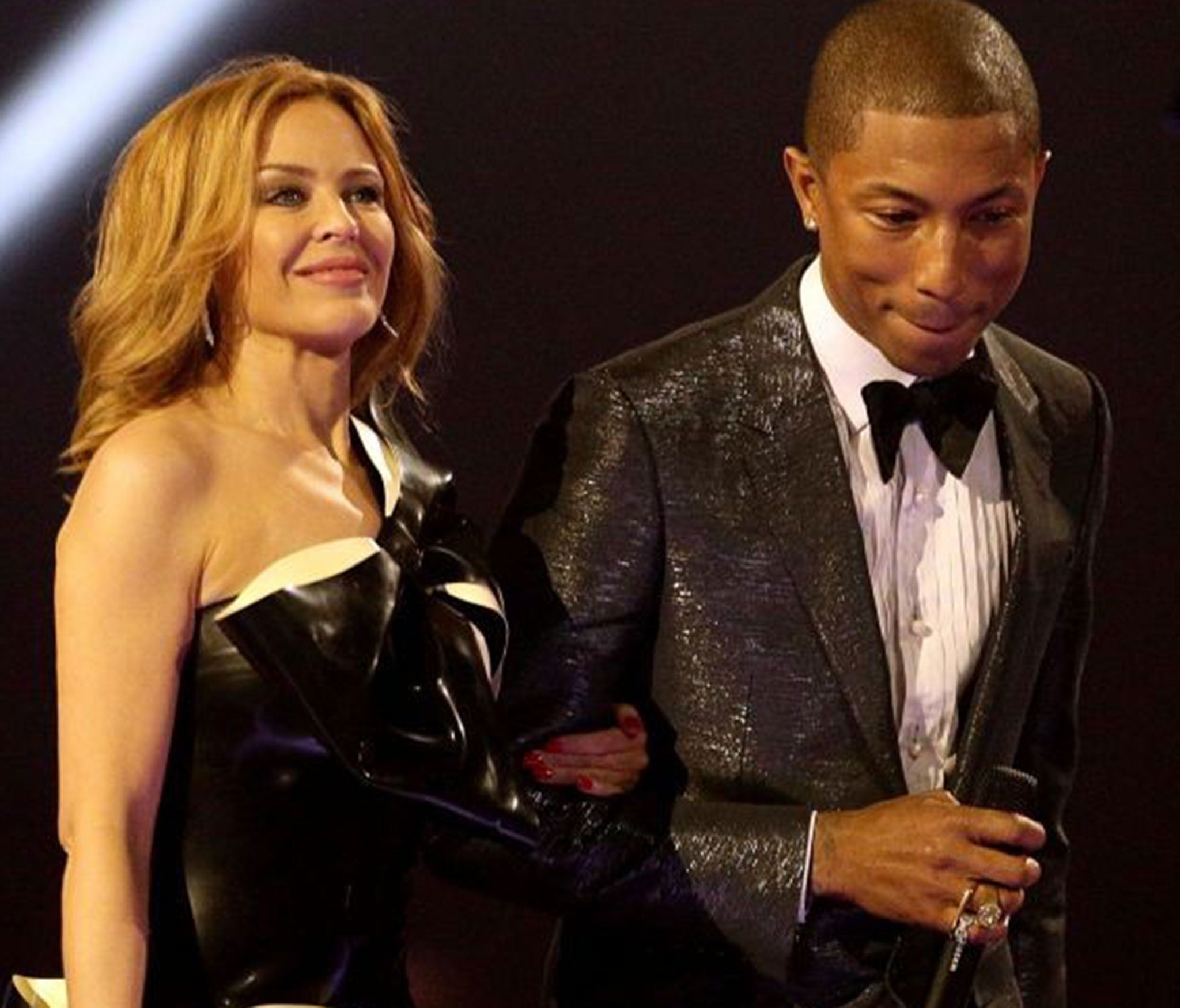That ‘love’ features less in modern pop music shouldn't break anyone's heart
Perhaps it's a sign of maturity, of a willingness to countenance the outside world

What’s love got to do with it? Not much these days, apparently. In a study carried out by the Journal of Advertising Research, the lyrics of every No 1 on the Billboard Hot 100 were analysed on computer. The days when love was all we needed are long gone, it seems.
In the 1960s, the study found, romance dominated – as you might expect – though a whiff of rebellion crept in as it developed into the decade with a conscience. In the darker 1970s people were still singing about love, but from a more jaded perspective: loss and break-ups loomed large.
That development continued into the 1980s – when aspiration also became a common theme – and by the 1990s “love” was no longer the most-used word. In the 2000s it didn’t even make the top eight (while “nigga” did).
The survey detects a very modern element in contemporary lyrics. “The desperation theme generally is under-represented until the 2000s, where it dominates,” said the Journal’s David Henard. “This ... could track closely to the post-9/11 social environment.”
If this is true – and it is possible to over-analyse these things – then it might mean that pop-chart lyric-writing is growing up, looking at the world and not liking what it sees. This is surely to be commended.
In any case, most of those old-time lyrics weren’t really about love. They were about “love”, written to order, not to purge the soul, not so much self-expression as the communication of a set of narrative conventions using a rhyming dictionary.
And what a picture of the world they painted: women were living dolls, puppets on a string. In the former, Cliff Richard planned to lock his girl in a trunk; in the latter Sandie Shaw freely admitted “there is never a doubt just who’s pulling the strings”.
But if romance provided most of pop music’s subject matter, even then it wasn’t all moon and June. Once the Beatles had established that you could reach the toppermost of the poppermost by singing your own songs, not ones written by middle-aged men in suits, lyrics began to look beyond the manufactured horizons of Hollywood-style romance and out towards the real world.
While the Moptops were setting the musical agenda, for the first few years their lyrics, while adroitly crafted, didn’t stray far from Tin Pan Alley. But the likes of Pete Townshend, and Jagger and Richards, were singing – shouting – about the anger and frustrations of youth. In fact it was inevitable, once the DIY ethic had taken over songwriting, that things would change, that lyrics would become more honest, more authentic.
The kitsch-romance model hasn’t disappeared, and love and relationships still find a place on today’s agenda, but it’s not Tin Pan Alley any more. Adele sings exclusively about affairs of the heart, but her hit album 21 is about love lost rather than love gained. There’s a significant boy-girl element to several of the songs on Kylie Minogue’s new album, Kiss Me Once, for example. But, as perhaps befits someone who’s survived serious illness, the overriding theme seems to be resilience in the face of adversity. If it’s no longer sufficient to sing “Love, love me do,” that’s fine by me.
We should be careful of grand conclusions, though. The No 1 back in the 1960s was a more informative barometer than it could possibly be today. Popular culture has become so fragmented and disparate – the music industry, especially – that any take on the nation’s tastes through the perspective of one aspect of it is bound to be skewed.
One other caveat: we don’t buy the kinds of records that get to No 1 because of their lyrics (in fact, I can safely say I’ve never bought any record because of the words alone, but that’s a discussion for another day). If “Happy”, Pharrell Williams’ recent feelgood smash, was about pigeon-racing or stamp-collecting, I’m pretty sure it would still have been No 1. In the end it’s the music that really counts.

Join our commenting forum
Join thought-provoking conversations, follow other Independent readers and see their replies